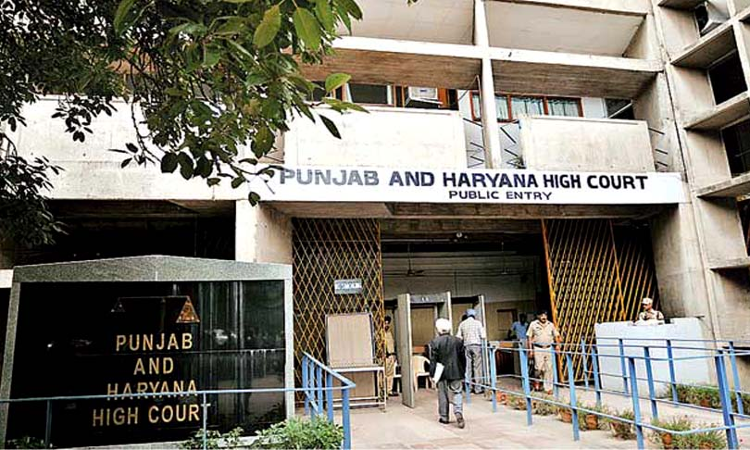Hriday Shah
On 27th July, 2024, the Punjab and Haryana High Court expressed concern over married individuals leaving their “parental homes” to enter live-in relationships, stating that this behavior tarnishes their family’s reputation and infringes on their parents’ right to live with dignity and honor. The said remark was made by Justice Sandeep Moudgil who while addressing petitions from couples involved in live-in relationships despite being married to others.
The Court emphasized that the ‘Right to Life and Personal Liberty’ under Article 21 of the Indian Constitution includes the ‘Right to Live with Dignity’. It argued that by engaging in such relationships, the petitioners not only damage their family’s reputation but also violate their parents’ rights to dignity. The Court also stressed that granting police protection to such couples under Article 226 of Indian Constitution would imply the Court’s indirect approval of these “illicit relationships.”
Justice Moudgil highlighted that Article 21 of Constitution guarantees ‘Freedom of Life’, but this freedom must be exercised within legal boundaries. He pointed out that supporting such petitions could inadvertently promote bigamy, which is illegal under Section 494 of the Indian Penal Code, and violate the rights of the other spouses and children to live with dignity under Article 21 of Constitution.
The Court’s ruling came in response to petitions from three couples seeking protection for their lives and privacy. In one case, a 40-year-old woman and a 44-year-old man, both previously married and with children, were in a live-in relationship. The woman had divorced her husband in 2013, while the man was still married with a child. The Court denied the petitions, expressing concern over the growing trend of live-in relationships and emphasizing the importance of marriage in Indian society.
The Court highlighted that India values its cultural heritage and moral values, and the institution of marriage is a fundamental aspect of Indian society. The judge noted that while some parts of India are adopting Western lifestyles, such as live-in relationships, these are not in line with the country’s traditional values.
The Court clarified that marriage is not just a personal choice but a social institution with significant public implications, including legal and moral responsibilities towards spouses and children. It concluded that merely living together does not constitute a legitimate live-in relationship, and police protection cannot be granted under Article 21 of Constitution in such cases. However, the Court allowed the petitioners to approach the police if they had genuine concerns or threats to their lives, with the police required to verify the facts before taking action.
Case Name: Ritu Sethi & Anr. v. State of Punjab & Ors. a/w other Connected Cases
Diary No.: CRWP/4018/2024
Bench: Justice Sandeep Moudgil

